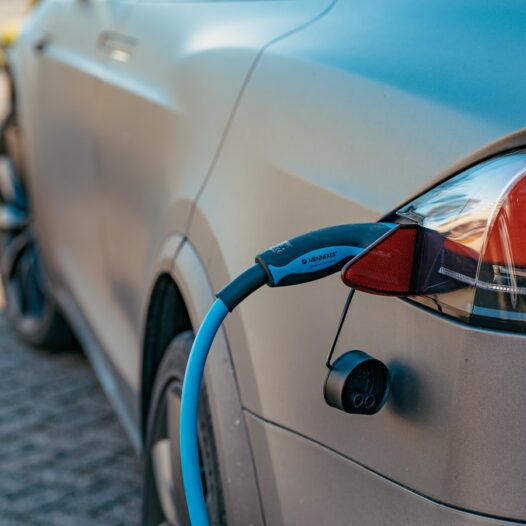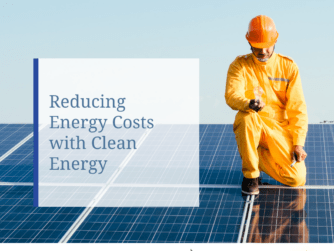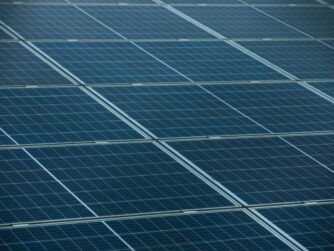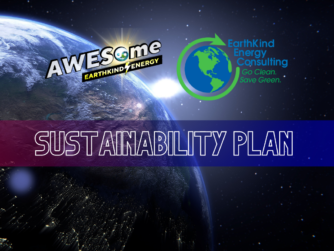California and New York have banned sales of new fossil-fueled cars by 2035 (the same date that GM announced they will be eliminating their gas-fueled cars). Volvo will be stopping non-electric car production & sales by 2030 – and the entire world is moving off gas and diesel powered cars – and fossil-fueled truck bans are following soon after).
Here are a few of the most commonly asked questions about electric vehicles.
1. What is the best EV out there?
Partly it depends on what brand you like best and what other amenities you want in your car. As always, you should take a test drive, see if you like the comfort, feel, vision, dashboard controls, etc…
The great news is that virtually every manufacturer now has electric car options, and over 50 qualify for cash incentives in many other states and utility territories – plus there is a 7,500 federal tax credit still available on most EVs.
When evaluating EV quality, the additional factors to consider are price, battery range, reliability, and power.
Battery range is usually the biggest factor for most people. However, 98% of American’s daily trips are less than 50 miles. So… with a range of 100 or 200+ miles per charge for most EVs, “range anxiety” is less of a factor than most people anticipate. Simply plug your EV into a regular electric socket overnight and voila! – you have 200+ miles of range.
So – the only time you really have to think about the potential to run out of juice are the ~2% of times when you are going more than 100 miles. In those cases – either identify a charger at your destination or along the way – or rent a hybrid for the trip.
Either way – the savings of 50-70% of the cost of fuel per mile (electricity is SO much cheaper than gas!) means that you’ll be way ahead of the game. AND – since EVs have no oil or transmission fluids, and only ~20 moving parts (compared to 2,000+ in an internal combustion vehicle) – you’ll also save on maintenance.
2. Why are EV’s so expensive?
All cars are expensive to own and operate. However, we just spend money on them in different ways. Purchasing an electric vehicle may have a 20% premium compared to a gasoline powered car of comparable quality and trim – but, that extra cost can be reduced by state and utility cash incentives, as well as federal tax credits (currently $7,500 on most EVs).
In addition – the purchase price of a gasoline vehicle is only part of the ownership equation. Gasoline and diesel-powered cars have many more moving parts than an electric car and require significantly more maintenance, especially as they age.
The fuel can also be very expensive – as much as 2 or 3x the cost per mile compared to running an EV on electricity (even in the areas with the highest electric costs!).
An EV needs very little maintenance. Most only require periodic adjustments to the wheel alignment and replacement of tires and windshield wipers. Service intervals for many EV’s don’t occur until you are well over 100,000 miles. A typical gas or diesel-powered car typically needs to go in for service every 5,000 to 10,000 miles.
Fuel is also a constant expense for gasoline powered cars. Even a Toyota Prius can consume as much as $150.00 a month in gasoline if used as a commuter car. An EV being driven at a comparable mileage may only cost between $30.00 and $70.00 a month to charge. And, unlike the Prius, the EV can smoke a Corvette. (You get “the performance of a Porsche – for the price of a Buick”.)
3. Does my house have enough available electricity to charge an EV?
Most likely, yes. If you just need to charge your EV overnight – all you need is a regular electric 110/120 volt socket. If you wish to have faster charging speeds, you will need to have the same 220/240 volt electric service as an electric stove or dryer. Some homes built in the 1950s have plenty of power, but even some newer homes sometimes don’t. Check with your electrician to determine your options and see if you need a service upgrade.
The biggest factor that often determines whether or not your house can charge an EV without significant modifications is the type of heat that you have. Homes with gas or oil heat tend to have enough electric service capacity left over to charge an electric vehicle. In some cases, homes with electric heat do not have enough available service capacity to charge an EV because the electric coils – or air source heat pumps – can take up a significant amount of service capacity to run when the weather gets cold. (this is generally NOT true with geothermal – which uses the constant temperature of the earth to provide heating and cooling using a minimal amount of energy, even on the hottest and coldest days).
In order to truly determine if your home can safely handle a 220/240v EV, you should have a licensed electrician perform load calculations on your home.
4. I don’t have a garage on my house. Is it safe to install a plug or power connector on the outside of my house?
Installing an outlet or EV charging equipment on the exterior of your house is completely safe. Almost all EV power connectors are NEMA 3R rated. This means that they can withstand wind, rain, snow, and ice without failing. They are not submersible, however, so never install a power connector or EV outlet in a place that can be flooded.
5. Is an EV really fast enough to beat a Corvette in a drag race?
Yep. Even a “slow” EV is fast enough to out-accelerate most performance cars. This is because electric motors make 100% of their available torque and horsepower the instant they start, whereas gasoline and diesel engines do not start making significant power until they reach a certain RPM.
Contact info@earthkindenergy.com if you have questions about EVs or want to access the grants and other incentives available for EV charging stations at your workplace or other commercial building.
Everyday, the earth absorbs about half the energy coming from the sun. Geothermal heating and cooling transfers that energy from the ground beneath our feet into our buildings.
To discover how easy it is to get ultra-efficient geothermal heating and cooling installed in your home – Sign up for a free web class.
In “The Power Of Earth With Comfort” free web class, you’ll learn how geothermal works and how the federal, state, and utility incentives can create annual returns of 20% and more on your investment.
If you’re tired of rising energy costs and want to save up to 70% on your energy bills, go to www.AWESomeEarthKind.com and register for this FREE special event.








